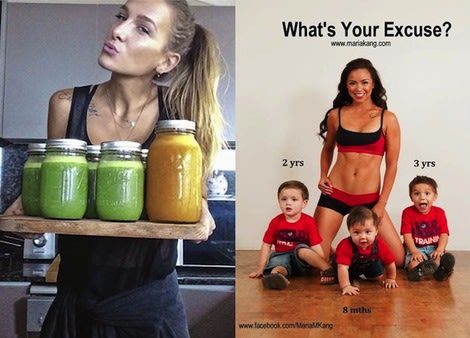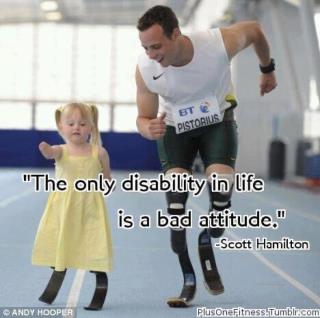I've been a negligent BJJ blogger...partially because I've been training more, partially because GroundWork gets most of my extra internet attention, and partially because a recent layoff has left my time devoted to rethinking questions of income and life.
...but also because, once I feel I've explored/expressed a topic to my satisfaction, I don't want to write anymore. That's different than a lack of topics, but I'm wont to just be quiet when I have nothing to say.
Thankfully, friends like Slideyfoot are there to call attention to potential areas of insight you might be missing out on. One of mine is definitely being a large woman in BJJ (which I haven't written on in months), so it was great to see another large woman, specifically Jodie, over at Jodie Bear's Journey, covering the topic and writing on some of the challenges we face in training.
Give it a read...it's a list of problems she's run into, and at first blush, reads like a mix of both the problems of bigness and general girlness, but there are some, specifically boob chokes, feeling pressure to keep your legs shaved, and injuring people, that I think are issues all women face, but that are amplified by navigating the tricky paradigm of femaleness being synonymous with smallness, fragility, and absence. This is a bit different culturally for me, since Black femininity is frequently associated with size and power (as reflected in songs like "Baby Got Back" and "Brick House"), but BJJ isn't a highly racially specific environment, so standard American/Brazilian norms of femininity tend to prevail.
Basically, big isn't lady-like, so it makes the un-ladylike, even less lady-like.
When you feel like you are inherently anti-feminine, and do identify as a woman (I speak only for myself here, though I imagine the sentiments are common), you will most likely feel pressure to up your female game. Unshaved legs and unflattering pants aren't just unkempt, they're one more chip off your femininity. Injuring someone or smothering them with your "massive" boobs aren't just dangerous or sexy, they're reminders that you are, in fact, very present and quite the opposite of dainty.
So I read Jodie's list twice...three times actually, and each time, saw a little bit more how pretty much the entire list (save maybe the issue of hair getting trapped and hickeys) actually are a little special for big girls.
...but also because, once I feel I've explored/expressed a topic to my satisfaction, I don't want to write anymore. That's different than a lack of topics, but I'm wont to just be quiet when I have nothing to say.
Thankfully, friends like Slideyfoot are there to call attention to potential areas of insight you might be missing out on. One of mine is definitely being a large woman in BJJ (which I haven't written on in months), so it was great to see another large woman, specifically Jodie, over at Jodie Bear's Journey, covering the topic and writing on some of the challenges we face in training.
Give it a read...it's a list of problems she's run into, and at first blush, reads like a mix of both the problems of bigness and general girlness, but there are some, specifically boob chokes, feeling pressure to keep your legs shaved, and injuring people, that I think are issues all women face, but that are amplified by navigating the tricky paradigm of femaleness being synonymous with smallness, fragility, and absence. This is a bit different culturally for me, since Black femininity is frequently associated with size and power (as reflected in songs like "Baby Got Back" and "Brick House"), but BJJ isn't a highly racially specific environment, so standard American/Brazilian norms of femininity tend to prevail.
Basically, big isn't lady-like, so it makes the un-ladylike, even less lady-like.
When you feel like you are inherently anti-feminine, and do identify as a woman (I speak only for myself here, though I imagine the sentiments are common), you will most likely feel pressure to up your female game. Unshaved legs and unflattering pants aren't just unkempt, they're one more chip off your femininity. Injuring someone or smothering them with your "massive" boobs aren't just dangerous or sexy, they're reminders that you are, in fact, very present and quite the opposite of dainty.
So I read Jodie's list twice...three times actually, and each time, saw a little bit more how pretty much the entire list (save maybe the issue of hair getting trapped and hickeys) actually are a little special for big girls.

